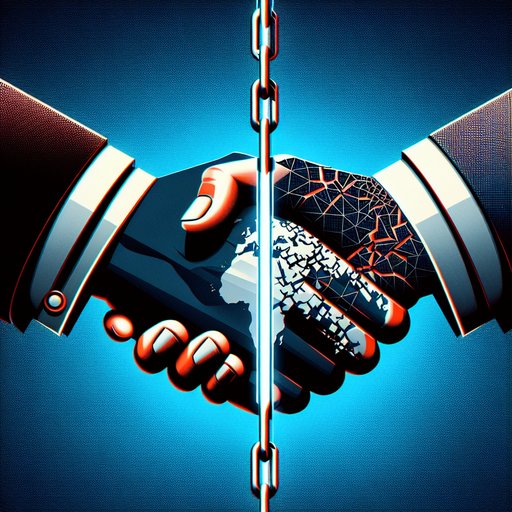
Global diplomacy witnessed notable movements on July 22, 2025, as states responded to ongoing sanctions regimes and negotiated new avenues for dialogue. With tensions fluctuating on the Korean peninsula and discussions of renewed sanctions elsewhere, world powers demonstrated both resolve and adaptability. In particular, South Korea's recent deliberation over allowing individual tours to North Korea signals a pragmatic yet optimistic shift in strategy, while broader conversations around sanctions—from Tehran to Moscow—underscore the complex and evolving interplay between diplomacy and economic pressure.
South Korea's unification ministry announced that it is actively considering the allowance of individual tours to North Korea, citing an easing of tensions between Seoul and Pyongyang. The ministry asserted that such tours would not breach extant international sanctions, as individual visits can be carefully managed to remain compliant with United Nations regulations. This proposed policy change reflects an emerging optimism, with South Korea seeking creative diplomatic measures to foster reconciliation, signaling that dialogue and controlled engagement remain viable even amid restricted international frameworks [1].
Meanwhile, the broader sanctions environment remains dynamic. In recent days, the European Union, led by France, Germany, and the United Kingdom, has reiterated its readiness to reimpose sanctions on Iran should negotiations over its nuclear program stall. This move serves as both a warning and an invitation for Tehran to return to the table, highlighting the balance between pressure and engagement that characterizes contemporary international relations [2]. Such overtures seek to revive diplomacy while maintaining leverage.
Elsewhere, the effectiveness of sanctions is under continual assessment. Despite recently expanded European Union sanctions, Russia’s so-called “ghost fleet” has sustained its deliveries of oil to India and China, demonstrating the limits of economic pressure in the face of determined circumvention tactics [3]. These developments underscore the necessity for ongoing diplomatic efforts alongside enforcement measures. Unilateral approaches are proving less effective, prompting renewed calls for multilateral cooperation and policy innovation among global stakeholders.
As additional scenarios play out—from Mexico closely monitoring potential US airline sanctions to the humanitarian debates around Gaza—July 2025 presents a landscape where economic measures and dialogue continually intersect. States are increasingly leveraging sanctions not as blunt instruments but as part of nuanced diplomatic toolkits. The willingness of nations like South Korea to explore new engagement channels, even within the boundaries of existing sanctions, exemplifies a broader international trend toward adaptable, forward-thinking diplomacy.
























